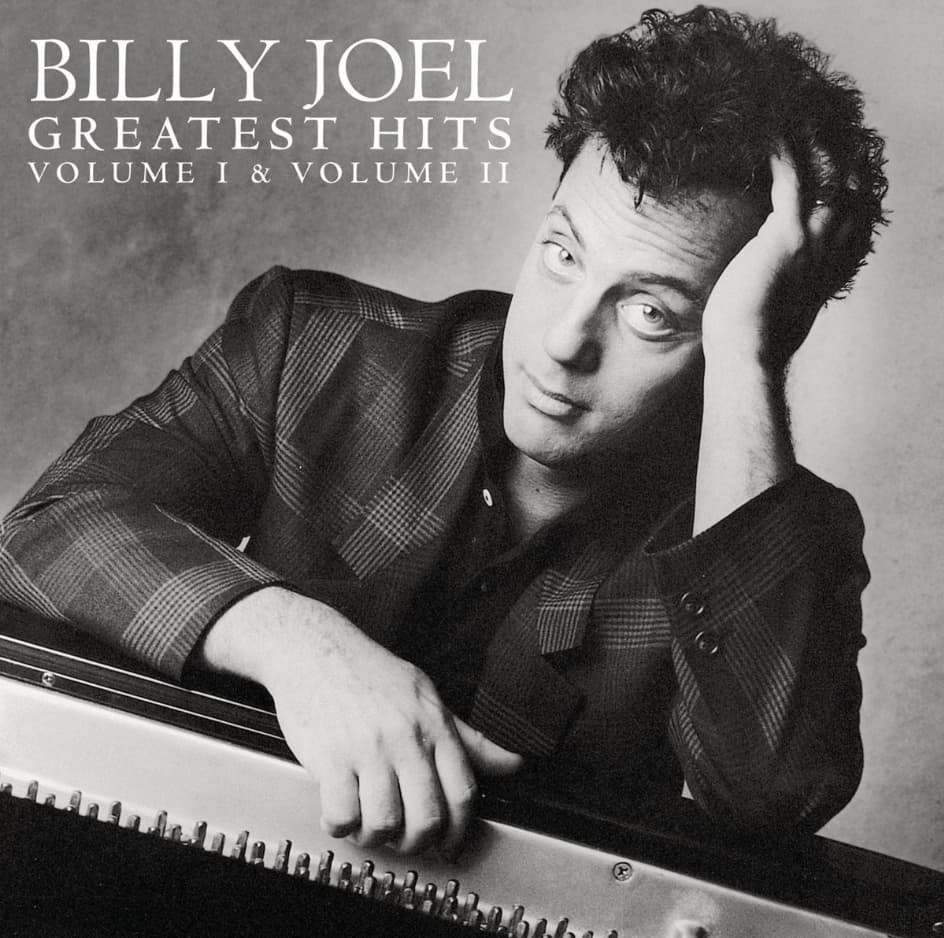
Billy Joel: “Piano Man” – A Ballad of Dreamers and Loners
“Piano Man,” released in 1973, is more than just a song; it’s a narrative, a musical portrait of life in a small bar where dreamers and loners find solace in music. This song put Billy Joel on the musical map, becoming one of his signature hits and a cultural icon. “Piano Man” reached number 25 on the Billboard Hot 100 chart, a remarkable achievement for a song as long and somewhat melancholic as this one.
“Piano Man” is a delicate blend of pop, rock, and folk, with its distinctive piano melody and poetic lyrics. The song tells the story of a piano player (Billy Joel himself) performing in a bar, where he meets patrons with their own stories. The lyrics describe characters like “the real estate novelist,” “the waitress practicing politics,” and “the businessman slowly getting stoned,” creating a vivid picture of nightlife.
The chorus, “Sing us a song, you’re the piano man, sing us a song tonight,” has become a familiar refrain, expressing a yearning to be heard and soothed by music. The harmonica solo in the song is also a special highlight, creating an emotional and nostalgic musical space.
“Piano Man” is not just a good song; it’s a work of art that authentically reflects life and people’s hidden desires. This song has become an indispensable part of Billy Joel’s performances and one of the most beloved songs of all time.